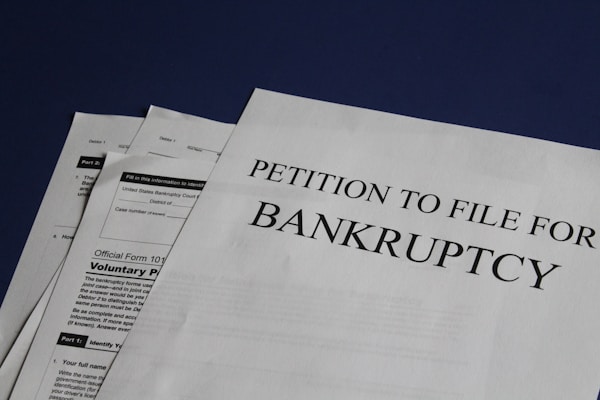Most people know that a background check involves looking into someone’s criminal history, but there’s a lot more that goes into a comprehensive check. Employers, landlords, and others who are looking to screen someone will often run a background check, which will usually include an assessment of the person’s character and financial history. Keep reading to learn more about what’s included in a smart background check.
Personal Information
When it comes to your personal safety, most people would agree that you can never be too careful. This is why many employers conduct criminal background checks on potential employees – to ensure that they are not hiring someone with a history of violent crime, for example. But what many people don’t know is that criminal background checks can also reveal a great deal of personal information about you, including your Social Security number, driver’s license number, and home address. This is because, in most cases, personal information is provided in background checks. This means that, if you are ever arrested or convicted of a crime, that information will be readily available to any potential employer who conducts a background check on you.
Arrest Records

When it comes to finding arrest records, most people think about conducting a background check. There are a variety of reasons why you might need to know about someone’s arrest record. Maybe you’re considering hiring someone for a job and want to make sure that they’re not a criminal. Or maybe you’re in a relationship with someone and want to make sure that they’re not hiding any secrets from you. Whatever the reason, arrest records can provide some valuable information. When it comes to smart background checks, arrest records are one of the most important pieces of information. They can provide a snapshot of someone’s criminal history and can help you decide whether or not you want to proceed with a relationship or employment opportunity.
Civil Judgments
When a person has a civil judgment filed against them, it is included in a smart background check. This is because a civil judgment is an indicator that the person may not be trustworthy or may have difficulty paying their bills. Civil judgments can be filed for a number of reasons, such as not paying a debt, breaking a contract, or being sued for damages. A civil judgment will stay on a person’s record for seven years, but it can negatively affect their credit score for much longer. A person with a civil judgment against them may have difficulty obtaining a loan, renting an apartment, or getting a job. If you have a civil judgment against you, it is important to take action to clear your record. You can start by paying off the judgment or negotiating a payment plan. You can also try to dispute the judgment. If you are successful, the judgment will be removed from your record.
Bankruptcies

When considering whether to hire a new employee, many businesses turn to background checks as a way to ensure that they are making a safe and informed decision. A key component of a background check is often a review of the individual’s financial history. This can include bankruptcies, liens, and other negative financial information.
While bankruptcies may be viewed as a negative mark on an individual’s record, they can also provide some important insights into that person’s character and financial stability. For example, if an individual has decided to declare bankruptcy, it may suggest that they are not good at managing their money or that they have encountered some difficult financial circumstances. While bankruptcies can be an indicator of potential problems, they are not always a sign that a person is not fit for a job. Many people who have declared bankruptcy have gone on to be successful employees. In fact, many businesses view bankruptcies as a sign of responsibility and honesty, as the individual has been willing to face the consequences of their actions.
Overall, a smart background check includes various information that can help employers make informed decisions about potential employees. This includes criminal history, arrest records, civil judgments, and more.




